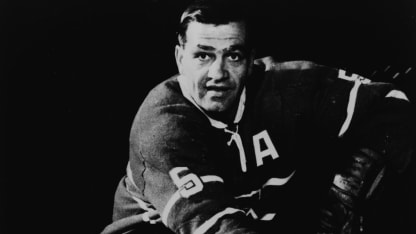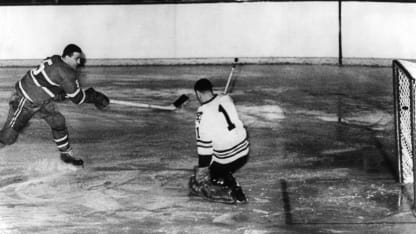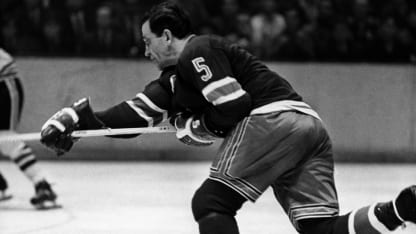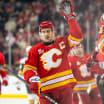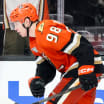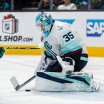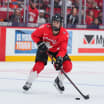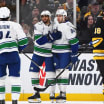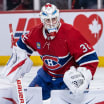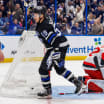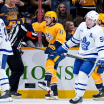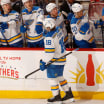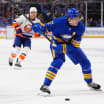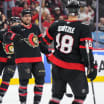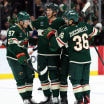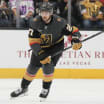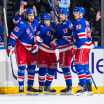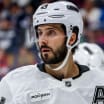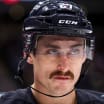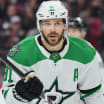Legendary hockey reporter Stan Fischler writes a weekly scrapbook for NHL.com. Fischler, known as "The Hockey Maven," shares his humor and insights with readers each Wednesday. This week Stan features his "Voices From the Past," His subject is Hockey Hall of Famer Bernie "Boom Boom" Geoffrion.
Geoffrion helped popularize the slap shot and starred for the only team ever to win five consecutive Stanley Cups. Stan ghosted his autobiography, "Boom Boom: The Life and Times of Bernard Geoffrion," and the following includes chats the two enjoyed over a period of two decades.
Voices From The Past: 'Boom Boom' Geoffrion
Montreal native went from fan to Hockey Hall of Famer with Canadiens
